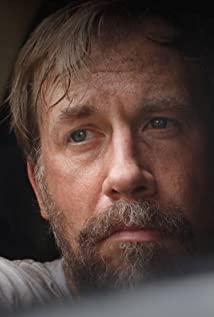In this film, the background of the Great West itself can be regarded as a dilemma that people tend to be lonely. For example, before Carver and Hayes enter the desert, they see the abandoned piano and carriage of the choir, and finally step on the Bible. At the foot, perhaps it means that for the wilderness, God no longer exists, and God can’t benefit everyone. From the perspective of Angelica’s role as a businessman, one finally changed the horse for bullets, and the other took water. After changing their guns, both of them finally gave up the elements that could enable them to escape from the desert. Although one was passive and the other was active, the origins were all caused by war, and when the last two faced life itself, They all put down their guns and saved the other person. At the same time, I can think of Carver in the cabin before saying to the little boy that nobody can protect nobody in this world. Murakami said that one should walk into the wilderness in one's life, experience health and nothingness. Absolutely lonely, I found that I could only rely on myself, who was absolutely lonely, and then knew my own potential true energy. Perhaps this energy is the kindness of human nature and the search for companionship, although in the end people are still lonely to death, and they have to part ways.
There are still many small details in this film that are worthy of scrutiny, but the theme may be too grand or diverse. After watching it, I feel a kind of helplessness of powerlessness to proceed.
View more about Seraphim Falls reviews











